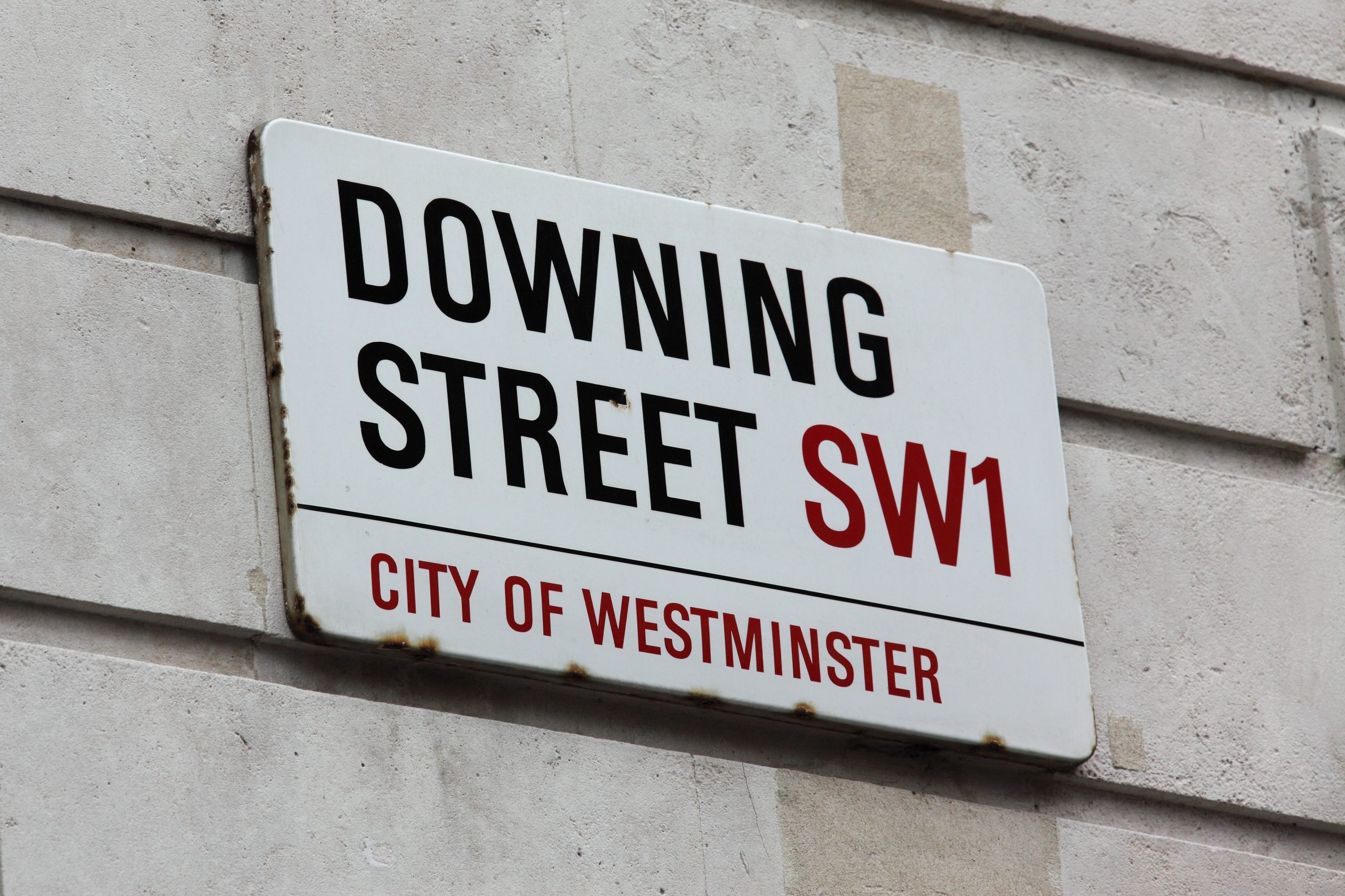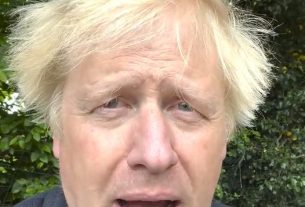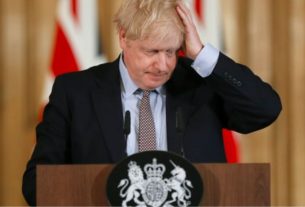Just eight months after securing an historic majority in the Commons, speculation is mounting as to how long Boris Johnson will remain in Number 10.
Events have long since taken over the political agenda from Johnson and his Machiavellian chief advisor Dominic Cummings, neither of whom have seemed up to the task of effectively leading the country through the coronavirus crisis.
A YouGov poll commissioned by the Times has found 34% of people asked believe Sir Keir Starmer would do a better job as prime minister with 32% backing Johnson – representing a slight shift from last week’s poll which gave Johnson a narrow lead over Starmer with 33% and 31% respectively.
The paper reports it is the first time since Theresa May called a snap election in 2017 that a Labour leader has polled ahead of a Tory incumbent as a preferred potential PM after an anomaly in June that year put Jeremy Corbyn ahead in a single poll.
Tories lead over Labour is disapearing
While the most recent poll may cause some concern for Johnson and succour for Starmer individually, the party ratings still show the Conservatives maintaining a 6% lead over Labour as far as voting intentions go with the Tories on 42% and the Opposition on 36% – a change of 1% on last week’s poll.
While Labour still trail, the gap has significantly narrowed and represents a surge in support compared to a January poll which had the Tories enjoying a 20 point lead.
Johnson’s popularity has been sliding since his landslide victory in December’s general election with his bumbling persona exposed not only by the demands of managing the pandemic, but also by Starmer’s altogether different approach to leadership, scrutiny and attention to detail.
That Starmer enjoys far more backing from the media compared to that of his predecessor is another important factor.
As too, Johnson’s steadfast backing of Cummings, whose trip to Durham when the rest of the country was following the government advice has seen support and confidence in the prime minister and his administration fall.
How soon for Sunak the successor?
Eyes are already and inevitably being drawn to Chancellor Rishi Sunak whose meteoric rise could well take the 40 year-old to Number 10.
Sunak’s own polling is in marked contrast to that of his boss, with the chancellor enjoying widespread support for his handling of the economy through the pandemic, and a reported 59% approval rating in the country.
It makes the former hedge-fund manager the most popular chancellor since Gordon Brown’s approval ratings hit 67% in the run-up to the 2005 general election, and eclipses the 49% peak managed by George Osborne following the 2010 election that brought the Conservative-Lib Dem coalition and a decade of austerity. Sunak’s immediate predecessor Sajid Javid only ever managed 19% while Philip Hammond peaked at 25%.
‘Chancellor is the most popular politician in the country’
Sunak’s popularity has been buoyed by policies to bolster the economy – specifically the furlough job protection scheme and VAT cut for the hospitality sector, among a raft of other measures introduced. In July, the Independent went so far as to interpret Sunak’s poll ratings as suggesting “he is the most popular politician in the country”, quoting YouGov’s political research manager Chris Curtis who said “the chancellor’s popularity with the public will be the envy of all across Westminster.”
Sunak only took over at No11 in February following Javid’s shock resignation and was immediately confronted with the coronavirus outbreak and shutdown in March. His popularity is high at the moment but with the furlough scheme set to be phased out in autumn, unemployment rising, sectors of the economy suffering badly, and fears of a second Covid wave to hit the country this winter, Sunak’s approval ratings could take a big hit.
Speaking on Times Radio, the chancellor reiterated once again that “we are living in a time of unprecedented economic uncertainty” and repeated “there is hardship to come.”
However, he tried to reassure listeners of the inevitable hit on public finances caused by the pandemic by stating: “What we’ve said, in all cases, there won’t be a return to austerity.”
‘Difficult decisions to make’ – Sunak
Sunak claims “public spending will continue to grow in real terms” and that “money going into public services will go up, it won’t go down”, whilst admitting the “significant hit” to the economy means “we will need to make some difficult decisions going forward.”
How far those decisions affect the chancellor’s approval ratings and the popularity of the PM in the coming months will determine the “difficult decision” ruthless Tories always take when their leader’s popularity wanes.
When Sunak was asked if his ambition to be PM had been dampened by the coronavirus crisis, the chancellor replied: “Oh gosh, I don’t have that desire.”
Johnson may well regard the answer as “piffle-paffle”.




